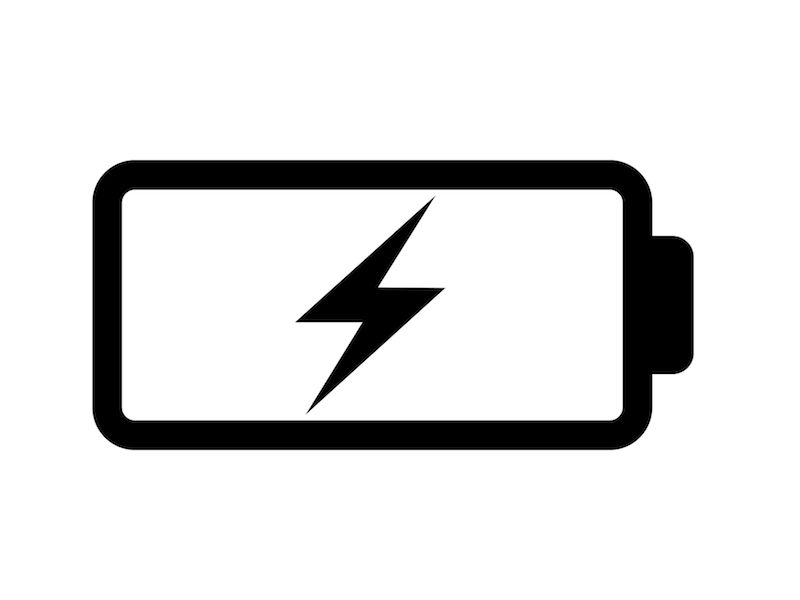
Stressing about losing battery power is something you shouldn’t have to do with rechargeable hearing aids, but when you depend on this technology, it might make you slightly nervous. Do rechargeable hearing aids work, and do they work as well as advertised?
The stress is reasonable and so are the question you may have. A hearing aid is often as important for the enjoyment of a tv show or a movie as it is for a trip to the supermarket or any other part of day to day life. When a piece of technology affects so many facets of your life, it’s crucial that it functions properly and dependably.
What Kind of Battery do I Have?
Most contemporary hearing aids have rechargeable batteries by default, so if you purchased your hearing aids recently it’s likely that your hearing aids will have one of two battery types. Silver-zinc batteries, which can normally be identified by a battery door on the device, are rechargeable, but the batteries may have to be changed every now and then. A Lithium-ion battery, however, will last throughout the life-cycle of the hearing device and, as such, those devices will not have that distinguishing battery door.
Rechargeable Hearing Aids Need Special Care
For the most part, rechargeable hearing aids do work, and they work well. As battery technology has improved in the last few years, the reliability of these devices has increased significantly. As with any other electronic device, however, there are a few easy maintenance procedures that users can take to increase the reliability of their rechargeable hearing aids.
- Keep Your Hearing Aids Dry and Clean: No matter how often you use or do not use your hearing aids, they have plenty of opportunity to gather moisture, debris, and dust. Any combination of these three things can diminish the efficiency of your battery and can interfere with charging in sufficient quantities. That’s why it’s crucial to keep your hearing aids dry and clean especially when connecting your hearing aid to its charging station.
- Be Careful of Wires: Either the hearing aid itself or the charging station will have some type of wire element on most hearing aids. Being careful of these wires is crucial for hearing aid users; do not pull or hold your device by these wires as this can damage the connections that allow your hearing aid to charge.
- Keep Your Hearing Aids on The Charging Station: If you consistently store your rechargeable hearing aids on their recharging station you can extend the life of your battery. Charging a battery that is not completely drained does not reduce the long term life of your battery. In fact, you can actually improve the life of the battery by making sure your hearing aids are charging when not in use. A simple reminder, for many people, to charge their device when not in use, is to place the charging station on a table near their bed.
How to Replace a Rechargeable Battery
If you have lithium-ion batteries, they should last as long as your device does. So changing those batteries won’t be something you ever have to worry about. Your hearing aids can then be simply charged as long as needed.
Hearing aids that depend on silver-zinc batteries, however, might require new batteries periodically. Replacing batteries in the right way can help increase the longevity of your hearing aids. Because of this, hearing professionals suggest the following:
- Store batteries in a room temperature place that is also certain to be dry.
- Let the batteries sit out at room temperature for at least five minutes before taking off any tabs that may be attached.
- Clean and free of moisture is the state that your battery compartment should be kept in.
- Ensure you wash your hands before changing your hearing aid batteries.
- Until you’re ready to use the batteries, don’t remove the plastic tabs or packaging.
Non-Use For Long Periods
If you are planning not to use your hearing aids for long periods of time, leaving them on the charger might no longer be the best way to store your devices. Just disconnect your hearing aid and put it in a dry cool place if, for instance, you know you won’t be using them for several weeks or a month.
If your hearing aids utilize silver-zinc batteries, you might also consider leaving the battery door open in order to prevent moisture from corroding your batteries.
Keep it Charged Every Day
All your basic requirements should be met if you charge your hearing aids once a day. To get 24 hours worth of battery life with a lithium-ion battery will usually only require 3-4 hours per day.
Do rechargeable hearing aids work? Not only do they work, but rechargeable hearing aids will very likely become more and more common and dependable as the technology continues to develop. Contact your local hearing aid retailer to see all the different models
